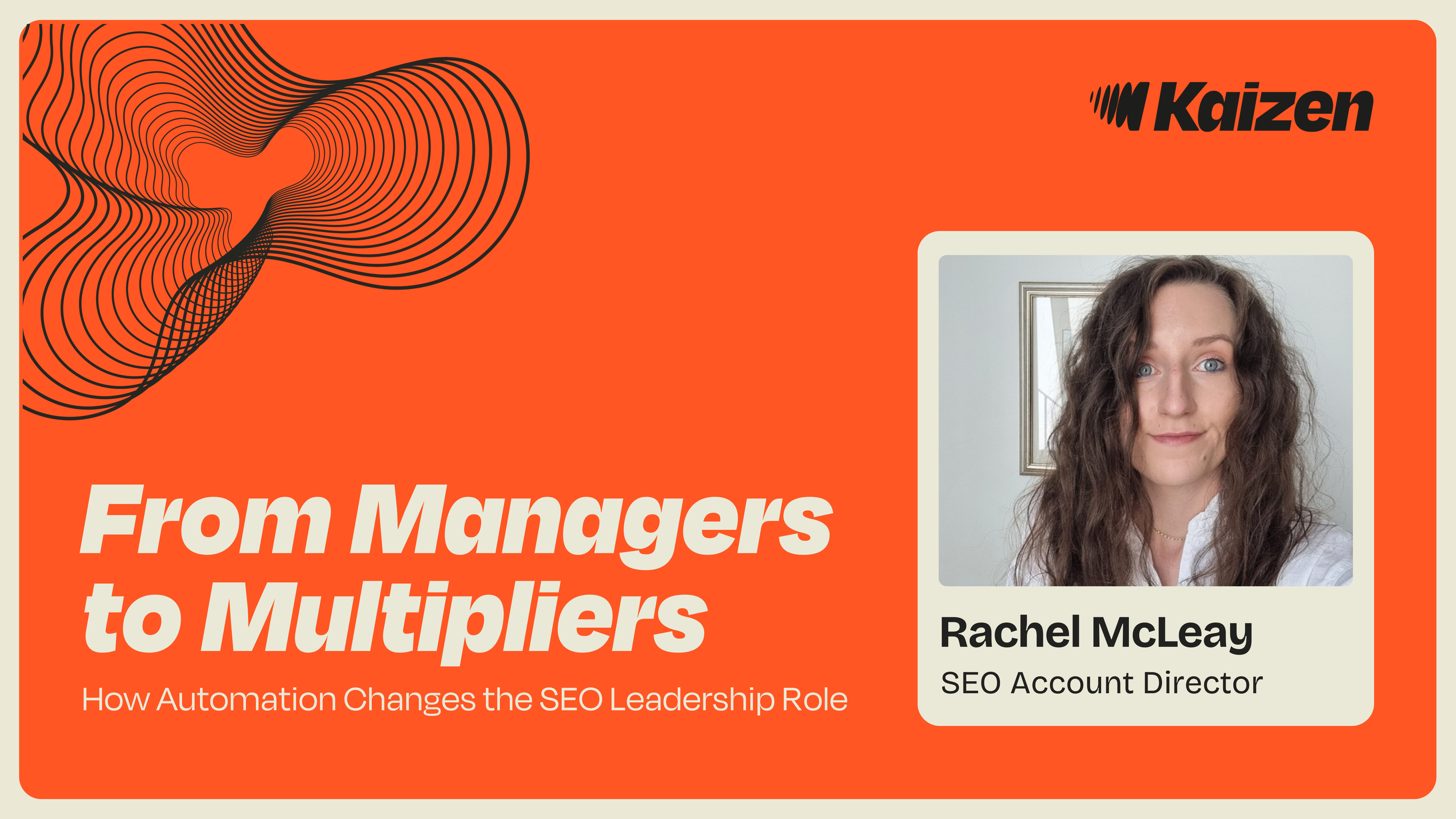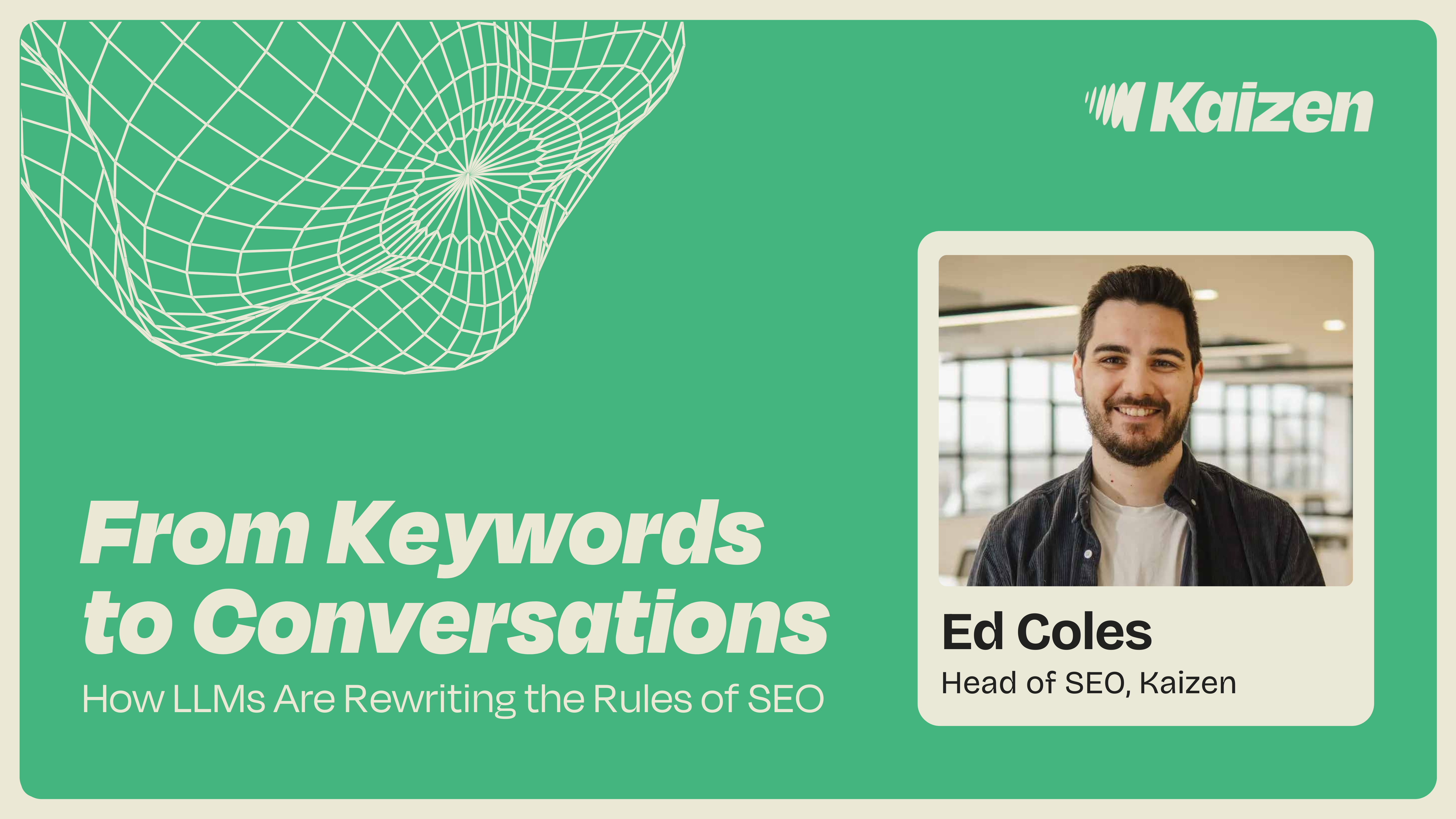Five Brands Smashing SEO

SEO CHAMPIONS
In today’s hyper-competitive digital arena, mastering the art of Search Engine Optimisation (SEO) isn’t just a luxury — it’s a necessity. As the competitive landscape evolves, understanding the strategies that drive success becomes increasingly crucial.
We’ve delved into the innovative approaches of five standout brands — Gymshark, Compare the Market, Runners Need, Ninja, and LEGO Retail — to uncover the secrets behind their SEO triumphs.
From captivating content strategies to technical wizardry, these brands are not only climbing the ranks on search engine results pages (SERPs) but they’re also carving out their own digital empires.
So, whether you’re a fledgling startup or a seasoned entrepreneur, join us as we uncover the tactics and techniques that are propelling these brands to the summit of SEO success – and discover how you can follow in their footsteps to elevate your own online presence.

Gymshark – Transactional Keyword Targeting
https://uk.gymshark.com/collections/leggings/womens
Gymshark’s remarkable ascent in search rankings for the term ‘leggings’ (SV 33.3K) in the UK is a testament to their refined keyword targeting strategy. Over the past year, they’ve witnessed a significant improvement, moving from Page 5+ to the top 5 positions. Here are a few tactics they’ve used to strengthen their keyword targeting:
- Optimised H1: Gymshark ensures that their page title prominently features the target keyword, signalling relevance to search engines — this is then supported by an optimised title tag. This optimisation aligns with search engine algorithms, boosting the page’s visibility and ranking for the target term.
- Above-the-fold copy & strong internal linking: By strategically placing keyword-rich content above the fold and incorporating internal links, Gymshark maximises the visibility and authority of their target term. This approach not only enhances user experience but also reinforces the page’s relevance and importance in the eyes of search engines.

- Term used in all product titles in product listing grid: Gymshark consistently integrates the target keyword throughout their product listings using <h4> tags, optimising for search relevance. This meticulous inclusion of the keyword across product titles reinforces the page’s topical relevance, further boosting its ranking for the target term.
- Long-form informational copy: Gymshark goes beyond product listings by providing comprehensive and helpful information below the grid. This includes:
- USPs of activewear leggings vs traditional leggings
- Why someone would need activewear leggings specifically
- How to style leggings, including cross-category internal linkings

Gymshark’s meticulous approach to keyword targeting, combined with strategic content optimisation and internal linking, has propelled them from obscurity to prominence in search rankings.

Compare the Market – Building Topical Authority / EEAT
https://www.comparethemarket.com/car-insurance/content/types-of-car-insurance/
Compare the Market’s dominance in the highly-competitive financial sector, particularly for transactional terms like ‘car insurance,’ highlights their exceptional ability to build topical authority and demonstrate Experience, Expertise, Authoritativeness, and Trustworthiness (E-E-A-T). Here’s how they achieve this:
- Dedicated articles matching search intent: Compare the Market strategically creates long-form, comprehensive articles that address keyword clusters aligned with user search intent. These articles are served in formats users expect. Top-level informational content is integrated into the core landing page, while niche articles reside on a content hub, covering topics such as ‘types of car insurance.’ This approach not only meets user expectations but also establishes Compare the Market as a go-to resource for comprehensive information on car insurance.
- URL structure for hierarchical organisation: All informational articles related to car insurance follow a hierarchical URL structure, such as ‘/car-insurance/content/article-name/‘ This structured approach aids Google in recognising the relationships between similar articles and understanding the domain’s breadth of expertise on the subject, enhancing Compare the Market’s topical authority.
- Content Freshness: Compare the Market prioritises content freshness by explicitly stating the date of the last update on each article. This transparent practice signals to both users and Google that the content is regularly reviewed for accuracy and relevance, further enhancing the brand’s credibility and trustworthiness.
- Authorship: Compare the Market prominently displays the author of each article above-the-fold, along with their relevant expertise and experience, such as ‘Insurance Expert.’ Additionally, each author has their own dedicated author bio landing page, showcasing their industry and topic experience through summaries, current and previous job roles, and a comprehensive list of authored articles, both within and outside the Compare the Market domain. This robust authorship strategy not only adds credibility to the content but also reinforces the brand’s expertise and authority in the financial domain.Compare the Market’s strategic approach to building topical authority and demonstrating EEAT not only secures their top position for key transactional terms but also solidifies their reputation as a trusted source of information in the competitive financial landscape.

Runners Need – Site Speed
https://www.runnersneed.com/c/womens/shoes/road.html
In the fast-paced world of ecommerce, page speed can make or break user engagement and conversion rates. Runners Need, a multi-brand reseller ecommerce site catering to runners, understands this well. Despite competing against high-authority giants like Sports Direct and JD Sports on the UK SERPs, Runners Need stands out for its lightning-fast loading times. Here’s how they’ve achieved this:
- Prioritising performance over excessive imagery and scripts: While product photos are crucial for driving sales, Runners Need strikes a balance by prioritising page speed. By avoiding the pitfalls of excessive imagery and scripts that slow down ecommerce sites, they ensure that their pages load swiftly, meeting the expectations of today’s impatient users.
- Meeting user expectations: With 47% of users expecting a page to load within a second or two, Runners Need recognises the importance of delivering a seamless browsing experience. By prioritising page speed, they minimise bounce rates and keep users engaged, ultimately driving higher conversion rates.
- Passing Core Web Vital metrics: Runners Need doesn’t just focus on superficial speed metrics; they ensure compliance with Google’s Core Web Vitals. By passing all three of these crucial metrics, they not only enhance user experience but also signal to search engines they are committed to providing fast and reliable content in line with Google’s guidelines.
Runners Need’s dedication to page speed optimisation sets them apart in a competitive landscape, demonstrating how prioritising technical performance can yield tangible SEO benefits in competitive search landscapes.

Ninja – Product page / Structured Data / AR
https://ninjakitchen.co.uk/product/ninja-foodi-dual-zone-air-fryer-af300uk-zidAF300UK
Ninja, a prominent player in the realm of home appliances, stands out for its exemplary content structure and schema implementation. Here’s how they’re leveraging these strengths to enhance their SEO performance:
- Product schema integration: Ninja has strategically added product schema to their pages, allowing key information such as ratings, reviews, price, and stock/availability to be displayed directly beneath their results in the SERPs as rich snippets. This not only enhances visibility but also boosts click-through rates by providing users with valuable information at a glance.
- Well-structured informational content: Ninja ensures that their informational content is optimally structured, utilising paragraph tags, bulleted and numbered lists, and tables where appropriate. By organising content in a clear and logical manner, Ninja increase the likelihood of being featured in prominent Featured Snippets on the results pages, commanding large areas of SERP real estate and pushing competitors down in turn.
- Formatted tables for knowledge graphs: Ninja utilises formatted tables to present data in a structured format, making it easier for search engines to understand and extract relevant information. This enhances the likelihood of their content being included in knowledge graphs, further bolstering their online presence and authority.
- Varied & engaging content formats: Ninja employs a diverse range of content formats. This comprehensive approach not only caters to different user preferences but also enhances the user experience and engagement, ultimately both improving rank and driving conversions. Some of these formats include:
- Text: above-the-fold, in expandable text boxes, USP callouts in buttons
- Images: multiple product images, and images used in “Features” and “What’s Included” description tabs for clarity
- Video: easy-to-follow product demonstrations appealing to visual learners and those who prefer to avoid large amounts of text
- Augmented reality (AR): helps user visualise size of product in own space, unique to Ninja vs multi-brand reseller PDP offerings

Ninja’s commitment to content structure and schema implementation exemplifies how attention to detail and innovation can significantly elevate SEO performance in the UK market.

LEGO Retail – International SEO Optimisation (Kaizen)
LEGO Retail, a global powerhouse in the toy industry, pays particular attention to SEO localisation. The brand understands the importance of catering to local audiences through finely tuned and relevant content. Here’s how they’re leveraging this strength:
- Machine-translated content undergoes rigorous native SEO localisation: Working with native SEO specialists who ensure accuracy and natural language flow across all elements of the PDP, including meta tags, headings, and product descriptions.
- Addresses linguistic nuances: On-page copy, such as product names and supporting descriptive content, is meticulously reviewed and refined to resonate with local audiences. For instance, LEGO may adapt product names to reflect linguistic nuances and avoid any particularly negative connotations stemming from more literally machine-translated copy, enhancing relevance and appeal.
- Key PDP elements localised to improve trust: Incorporation of localised pricing and availability information aligns with the user expectations of visiting a local ecommerce website, making the PDPs useful and trustworthy to local audiences.
LEGO Retail’s considered approach to SEO localisation has yielded impressive results. By employing a holistic approach, the brand ensures that PDPs are tailored to meet the specific needs and expectations of each target market. As a result, they’ve seen significant uplifts in both SERP engagement and generic keyword rankings in relevant markets. This demonstrates the effectiveness of their strategy in resonating with local audiences and driving visibility and engagement in key markets.
The bottom line…
In conclusion, the successes of Gymshark, Compare the Market, Runners Need, Ninja, and LEGO Retail illustrate the diverse yet effective strategies that drive SEO excellence in today’s digital landscape.
From precise keyword targeting to authoritative content creation and meticulous attention to technical details, even if your ecommerce site is not as huge as ASOS or Amazon, you can still strive to optimise your site to the nines, using the strategies that work for big players.
By adopting and adapting these proven tactics, businesses can navigate the complexities of SEO with confidence, ultimately propelling themselves towards sustainable growth and success in the ever-evolving digital realm.

 Search
Search PR
PR AI Visibility
AI Visibility Social
Social

















